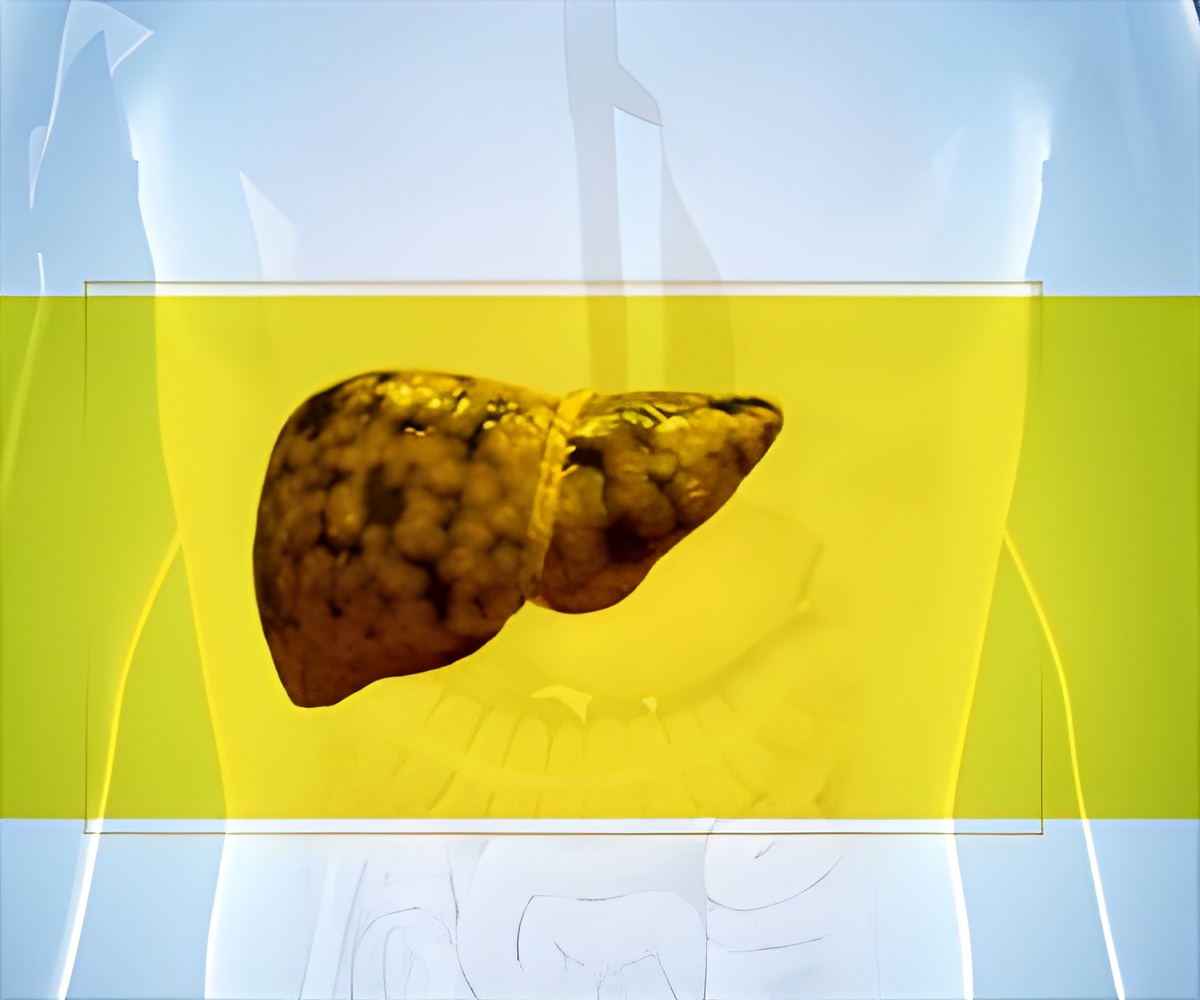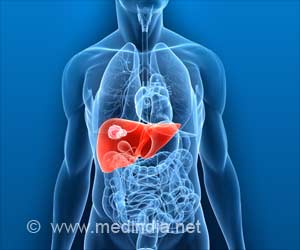Fatty liver disease may sometimes lead to hard-to-treat liver cancer, reveals a new study.

TOP INSIGHT
Watch out: Fatty liver disease can put you at a higher risk of developing hard-to-treat liver cancer.
Read More..
"We want to find out the key factors and pathways that lead to liver cancer in fatty liver patients so we can slow or even prevent the liver cancer," said Yue Jia, MD, Ph.D., a pathology resident at the Harbor-UCLA Medical Center who conducted the study. "It is estimated that this type of liver cancer is responsible for 250,000 to 1 million deaths each year."
Jia will present the research at the American Society for Investigative Pathology annual meeting during the 2019 Experimental Biology meeting in Orlando, Fla.
In the new study, the researchers examined expression levels of proteins in liver biopsies from a group of patients with alcoholic fatty liver disease and a group with non-alcoholic fatty liver disease. The proteins studied are involved in epigenetic regulation, which controls gene expression, and inflammation, which plays an important role in the disease.
The research team observed that the two groups of patients showed significant differences in the expression of proteins involved in epigenetic regulators and inflammation. Importantly, these differences matched the ratio of liver cancer development seen for the two groups.
The research team plans to perform additional experiments in animal models of fatty liver disease to learn more about how epigenetic regulation and inflammation pathways lead to liver cancer.
 MEDINDIA
MEDINDIA




 Email
Email










